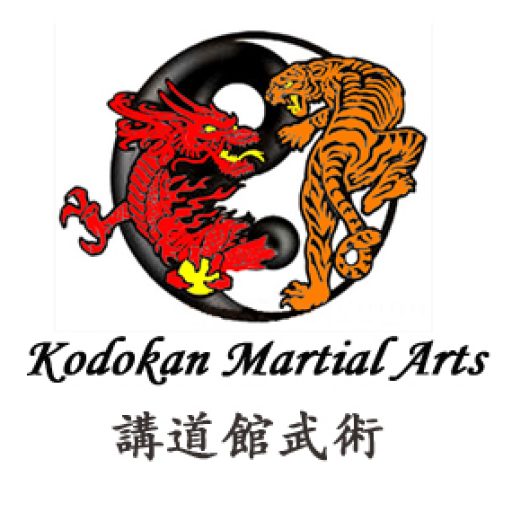 Child Safe
Child Safe
Kodokan Martial Arts operates a Child Safe Policy, which helps to protect our younger students.
If you require further details about this scheme then please click on the Link below or contact:
- Sensei Fred Bateman by Tel: 0780 782 7978, email: sensei.fredbateman@gmail.com, or in class.
Our child protection policy can be seen by clicking: Child Safe Policy
